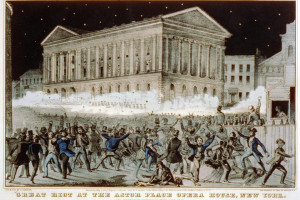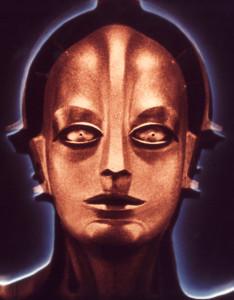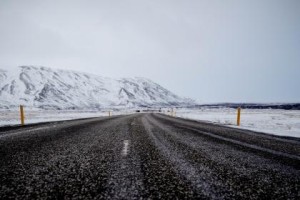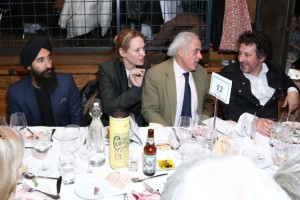What’s the biggest difference between Americans and Britons? Is it the broad vowel sounds, the prevalence of guns, or the belief in God? No, it’s the number of healthy people who believe they have a medical issue.
Call it the medicalisation of life, or slick marketing, the fact is there is an entire industry in America dedicated to turning the human condition into a chronic disease.
The topic has resurfaced because the Supreme Court has been listening to arguments in King v Burwell — ostensibly a lawsuit about the legality of federal health insurance schemes, but in reality an attempt by rightwingers to kill the Affordable Care Act (ACA), known as Obamacare. A ruling is expected in June.
If Obamacare is struck down, one consequence will be a resurgence in health costs. The ACA is problematic, but its limits on Medicare payments and emphasis on lower-cost preventative medicine over higher-priced chronic-disease care has had a beneficial effect; last year’s rate of growth in healthcare spending was the slowest since 1960.
No sane person would argue that medical innovation is bad, or that the relief of suffering is not a worthy end. Who doesn’t hope scientists will be able to prevent Alzheimer’s or cure cancer. But along with the miracle of modern medicine something else has been happening, something so insidious and pervasive to the concept of wellbeing that it took a while before anybody noticed.













